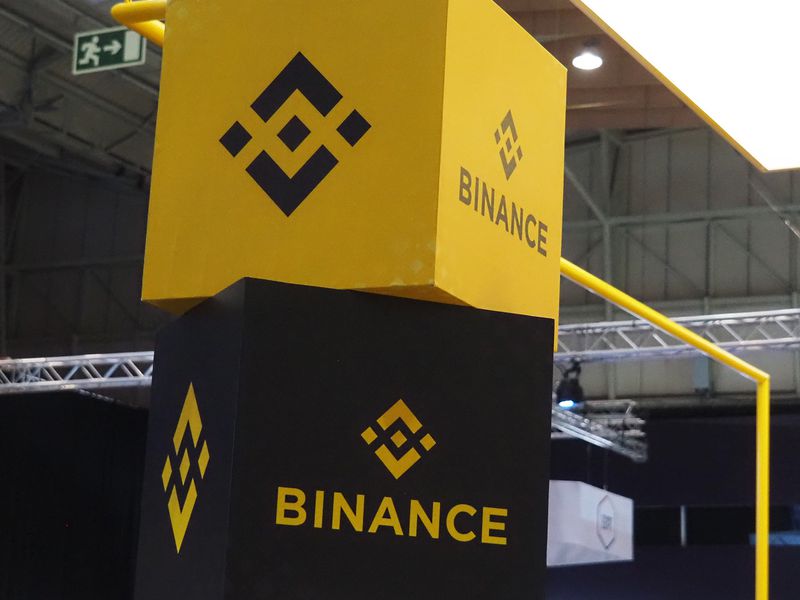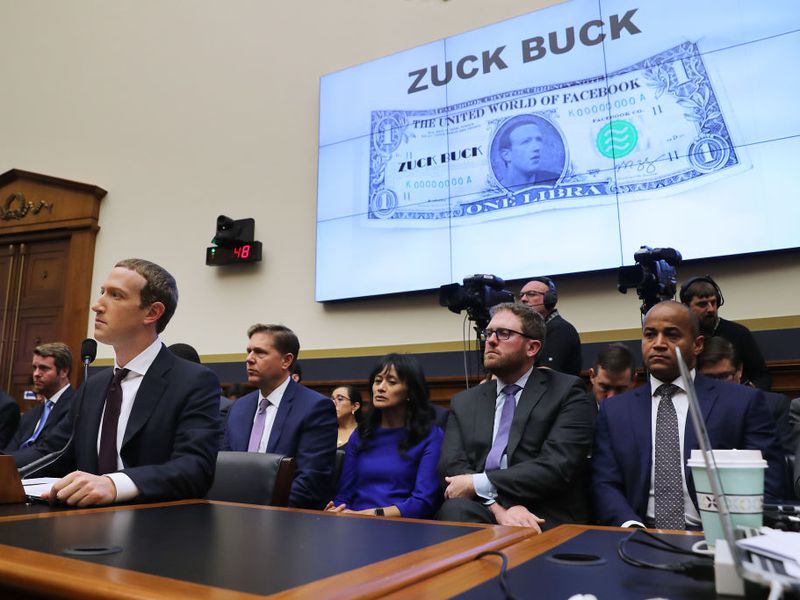EU Money Laundering Law Won’t Prevent Crypto Payments, Lead Lawmaker Says
Christy Goldsmith Romero
Commissioner
U.S. Commodity Futures Trading Commission
Explore the policy fallout from the 2022 market crash, the advance of CBDCs and more.
Christy Goldsmith Romero
Commissioner
U.S. Commodity Futures Trading Commission
Explore the policy fallout from the 2022 market crash, the advance of CBDCs and more.
:format(jpg)/www.coindesk.com/resizer/VDk3MowyGg2DUxeRJFgGIHdZ6SE=/arc-photo-coindesk/arc2-prod/public/ZHFQDVVL5ZHVNGH7MTIESP35ZU.jpg)
Jack Schickler is a CoinDesk reporter focused on crypto regulations, based in Brussels, Belgium. He doesn’t own any crypto.
Christy Goldsmith Romero
Commissioner
U.S. Commodity Futures Trading Commission
Explore the policy fallout from the 2022 market crash, the advance of CBDCs and more.
Christy Goldsmith Romero
Commissioner
U.S. Commodity Futures Trading Commission
Explore the policy fallout from the 2022 market crash, the advance of CBDCs and more.
New money laundering rules won’t block crypto payments, a leading European Union lawmaker said Tuesday, just hours before the European Parliament is scheduled to vote on the legislation.
The Anti-Money Laundering Regulation set to be discussed by the Economic and Civil Liberties Committees would impose a limit of 1,000 euros ($1,080) for payments made from self-hosted wallets where it isn’t possible to identify the payer.
“We are absolutely not preventing crypto transactions,” Damien Carême, a French lawmaker from the Green party, told reporters. “It’s just when identification isn’t possible.”
Carême, one of the two lawmakers jointly responsible for negotiating the law on behalf of the parliament, also referred to provisions on money laundering in the metaverse, saying he didn’t want to see dirty money inhibited by banking controls to simply flow into other sectors.
Should the vote pass, lawmakers will enter into negotiations from the EU’s Council, representing the bloc’s member states, to frame a consistent version of the law.
In a draft last year, the Council sought to prevent banks or crypto providers from handling cryptocurrencies that guarantee anonymity – but Carême said a ban on the likes of dash, monero and zcash wasn’t needed as they were already outlawed by the EU’s Markets in Crypot Assets regulation (MiCA).
Edited by Parikshit Mishra.
DISCLOSURE
Please note that our
privacy policy,
terms of use,
cookies,
and
do not sell my personal information
has been updated
.
The leader in news and information on cryptocurrency, digital assets and the future of money, CoinDesk is a media outlet that strives for the highest journalistic standards and abides by a
strict set of editorial policies.
CoinDesk is an independent operating subsidiary of
Digital Currency Group,
which invests in
cryptocurrencies
and blockchain
startups.
As part of their compensation, certain CoinDesk employees, including editorial employees, may receive exposure to DCG equity in the form of
stock appreciation rights,
which vest over a multi-year period. CoinDesk journalists are not allowed to purchase stock outright in DCG
.
:format(jpg)/www.coindesk.com/resizer/VDk3MowyGg2DUxeRJFgGIHdZ6SE=/arc-photo-coindesk/arc2-prod/public/ZHFQDVVL5ZHVNGH7MTIESP35ZU.jpg)
Jack Schickler is a CoinDesk reporter focused on crypto regulations, based in Brussels, Belgium. He doesn’t own any crypto.
Learn more about Consensus 2023, CoinDesk’s longest-running and most influential event that brings together all sides of crypto, blockchain and Web3. Head to consensus.coindesk.com to register and buy your pass now.
:format(jpg)/www.coindesk.com/resizer/VDk3MowyGg2DUxeRJFgGIHdZ6SE=/arc-photo-coindesk/arc2-prod/public/ZHFQDVVL5ZHVNGH7MTIESP35ZU.jpg)
Jack Schickler is a CoinDesk reporter focused on crypto regulations, based in Brussels, Belgium. He doesn’t own any crypto.









